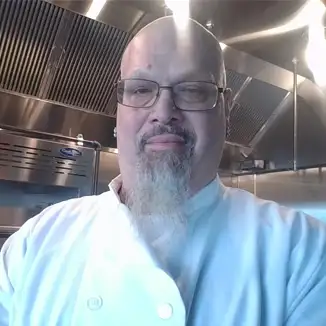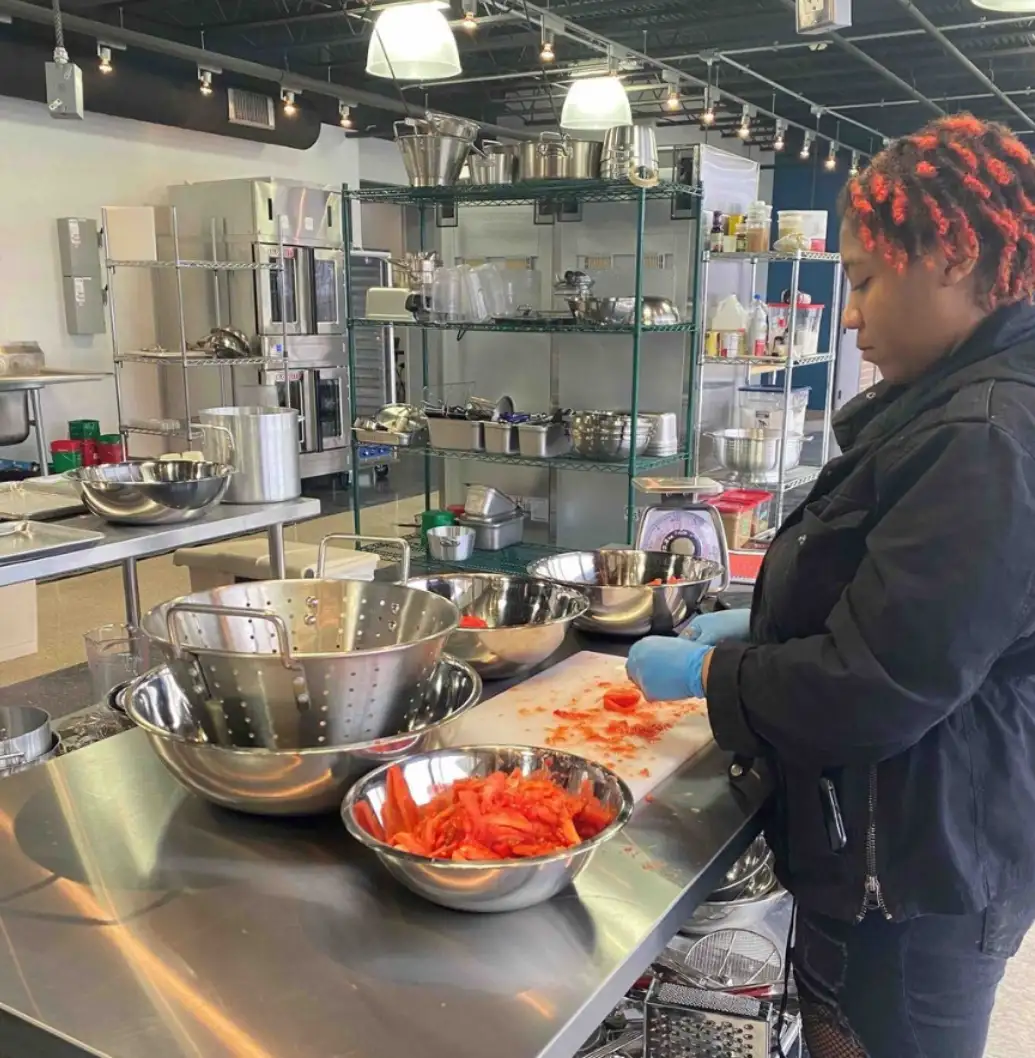Diplomas:
Medical Assisting with X-Ray Tech (Limited Scope)
Pharmacy Technician (On-Ground)



I've been in the greater Cleveland area in Ohio for the last twelve and a half years. This is my second time teaching at the college level for culinary. Professionally, I've been cooking for over 30 years and non-professionally for a little over 40 years. It's been a fun journey!
The types of degrees and diplomas vary from one school to another. Your traditional culinary degree would be an associate, usually a two-year degree covering many basics and general education associated with kitchen and restaurant operation and management, as well as a full spectrum of cooking classes, butchery, cake decorating, and pastry work.
An associate degree in pastry arts is also available.
Business management can be pursued for a bachelor's, usually a four-year degree.
Diploma or certificate programs, like the one offered by Remington, are about eight months, eliminating general education classes.

Remington offers diploma programs that are eight months long. These programs are focused on industry-specific or vocational training, omitting general education classes like English, writing, math, and political sciences.
The requirements for getting into a program like Remington's include having your financial aid in order and a high school diploma or a GED. Some schools may have a pre-admissions test, but most, including Remington, do not require one.
Jobs range widely within the culinary and food and beverage industry, including institutional food settings like hospitals and schools, restaurants of various genres, and catering events. The specific opportunities depend on what the student puts into their program and end goals.
Prospective students should look for a college with a strong alumni association for networking opportunities, a good job placement history, and the program's location in terms of the local food and beverage scene.
Success in the culinary industry hinges on flexibility and attention to detail. Successful students are those who are engaged, take advantage of one-on-one time with their instructors, and are dedicated and focused.
The training involves kitchen math, including basic arithmetic, recipe conversion, and measurement conversion, but not complex math like trigonometry or geometry.
Understand that the culinary industry involves long hours and tough environments but also offers a strong sense of camaraderie and family among colleagues. Success requires passion, resilience, and the ability to thrive in a fast-paced and challenging setting.
For more information on Remington’s Culinary Programs, click here.